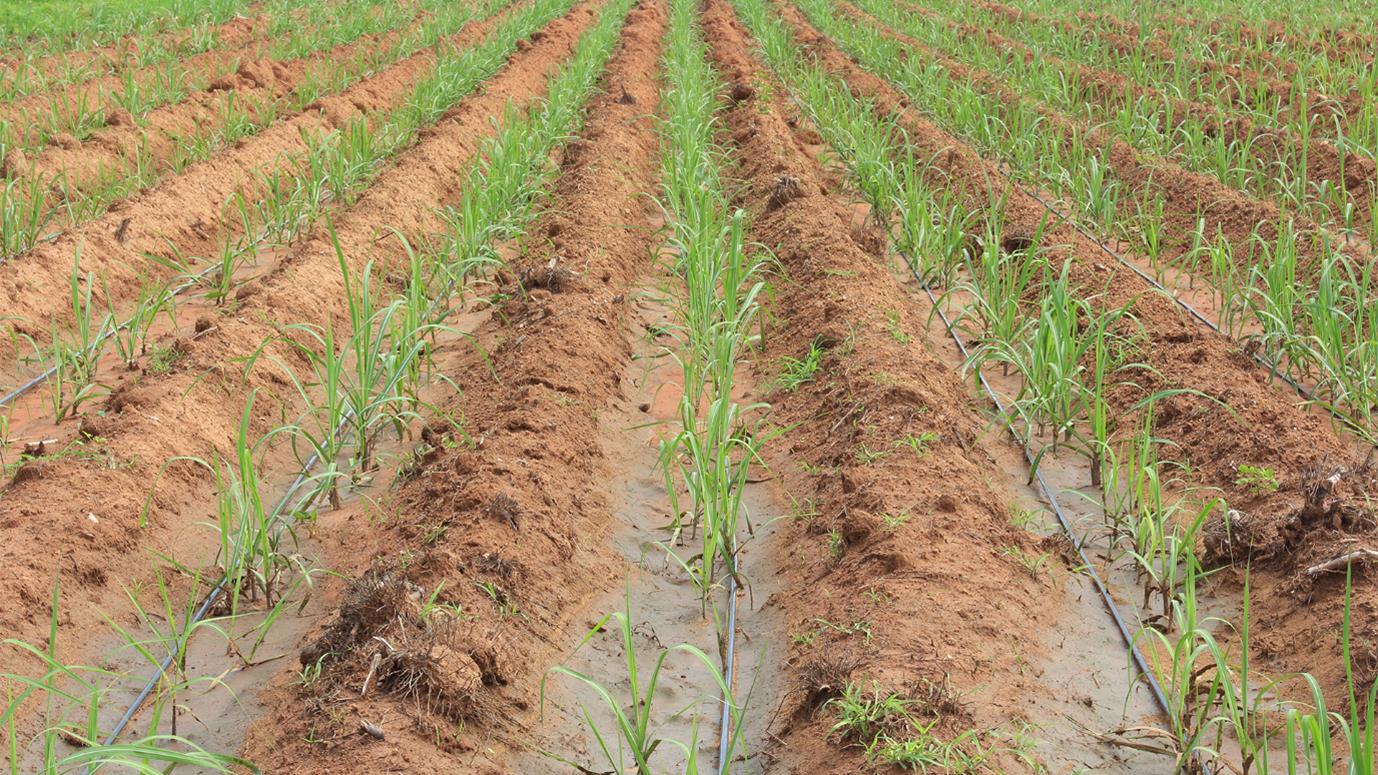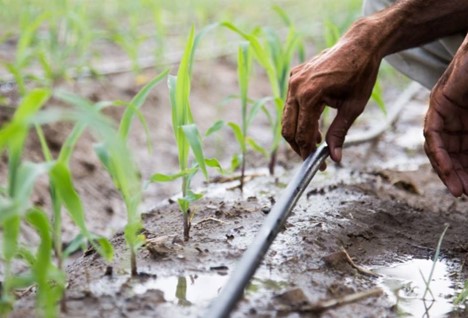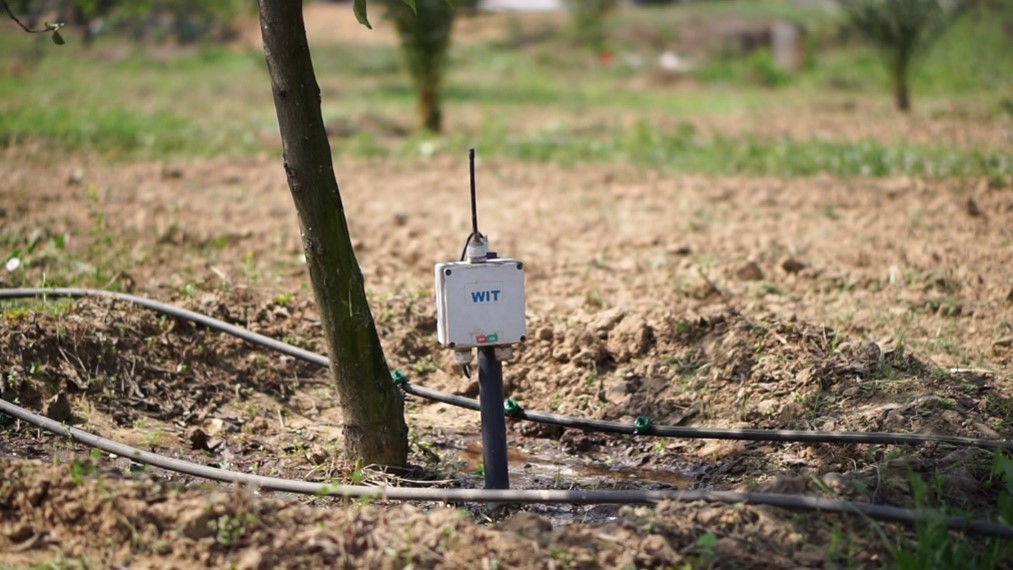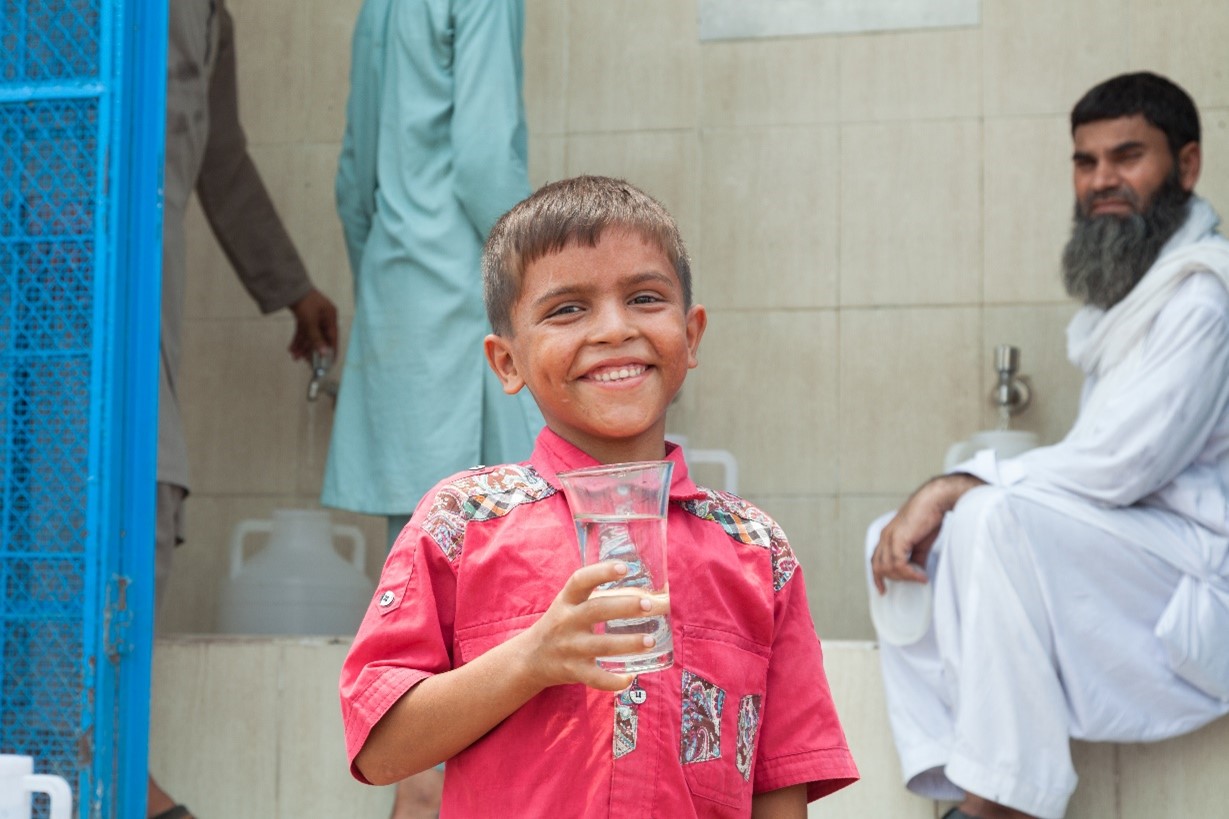
Nestlé’s role towards creating a positive water impact
Water is a precious resource that is essential for life. With the increase in population and consumption of this precious resource, we are looking towards a future where we will have to sustain our life on extremely depleted water sources. It is important to spread awareness so that we can act now and build a future where we have a sustainable supply of water for all our needs.
Nestlé recognizes that to tackle the challenges of climate change and water wastage, it must collaborate and take collective action and promote efficient use of water in every aspect of our lives.
 As we head into World Water Week this year, Nestlé reaffirms its responsibility towards stewarding water resources by renewing its commitments towards the regeneration of the water cycle.
As we head into World Water Week this year, Nestlé reaffirms its responsibility towards stewarding water resources by renewing its commitments towards the regeneration of the water cycle.
Although the commitment is new, it builds on the company’s decades-long journey of water stewardship and its Caring for Water-Pakistan (C4W-Pakistan) initiative which focuses on three pillars i.e., Agriculture, Communities, and Factories.
- Working With Local Partners in Agriculture
Pakistan is an agrarian country, with the majority of its population depends on the agriculture sector for their livelihood. In Pakistan, the percentage of water used in agriculture stands at 90%, with 50% wastage due to outdated and conventional irrigation methods. If this continues, the crop productivity will diminish, affecting the livelihoods of millions of farmers in Pakistan.
 Nestlé has collaborated with the Agriculture Department, Government of Punjab, and Pakistan Agricultural Research Council (PARC) to help mitigate the issue of water wastage during the irrigation of agricultural lands. They have installed drip irrigation on 152 acres of land, helping farmers to make timely and efficient irrigation decisions. This has helped the company save about 428 million liters of water. Drip irrigation saves around 40%-60% of water and improves crop productivity by providing water and nutrients directly to the plant roots.
Nestlé has collaborated with the Agriculture Department, Government of Punjab, and Pakistan Agricultural Research Council (PARC) to help mitigate the issue of water wastage during the irrigation of agricultural lands. They have installed drip irrigation on 152 acres of land, helping farmers to make timely and efficient irrigation decisions. This has helped the company save about 428 million liters of water. Drip irrigation saves around 40%-60% of water and improves crop productivity by providing water and nutrients directly to the plant roots.
 Nestlé has also installed smart soil moisture sensors. These sensors help save about 12%-17% of water and help farmers know exactly which areas to irrigate and how much. Also called precision irrigation, these sensors read the moisture level in the soil and send information to cloud storage; the readings are used by farmers to efficiently use water for irrigation. To make the process a lot more convenient for farmers, Nestlé teamed up with Lahore University of Management Sciences (LUMS) to develop software that enables farmers and researchers to see the moisture level remotely on their computer screens.
Nestlé has also installed smart soil moisture sensors. These sensors help save about 12%-17% of water and help farmers know exactly which areas to irrigate and how much. Also called precision irrigation, these sensors read the moisture level in the soil and send information to cloud storage; the readings are used by farmers to efficiently use water for irrigation. To make the process a lot more convenient for farmers, Nestlé teamed up with Lahore University of Management Sciences (LUMS) to develop software that enables farmers and researchers to see the moisture level remotely on their computer screens.
- Water and Local Communities
Nestlé believes in improving livelihoods and developing thriving communities. Nestlé recognizes that it can play a pivotal role in helping people get access to clean water. It has established 6 Clean and Safe Drinking Water Facilities providing access to clean and safe water to more than 60,000 people every day. Nestlé has also taken the responsibility of maintaining these plants with strict quality controls and checks and balances in place.
As mentioned earlier, spreading awareness regarding the issue of water wastage and depletion of water resources is essential for building a basis of any future efforts to steward water resources. Through Nestlé’s Water Education Program, it has reached out to 30,000 children and 200 teachers in 30 schools in 2020.
 In House Water Efficiencies
In House Water Efficiencies
Similarly, Nestlé has acquired the certificate for the Alliance for Water Stewardship (AWS) Standard for all four of its sites located in Sheikhupura, Islamabad, Kabirwala, and Port Qasim. AWS is an international standard, which guides companies and organizations to manage freshwater resources by taking site and catchment initiatives through stakeholder inclusive processes.
All Nestlé’s initiatives are aligned with the United Nations Development Goals, SDG 6 on Clean Water and Sanitation, and SDG 17 on Partnerships for the Goals.

Author
Masters in Journalism—IBA | Masters in Advertising and Public Relations—UoK. A bibliophile, food enthusiast, entertainment aficionado, and a Lifestyle Journalist, by passion.